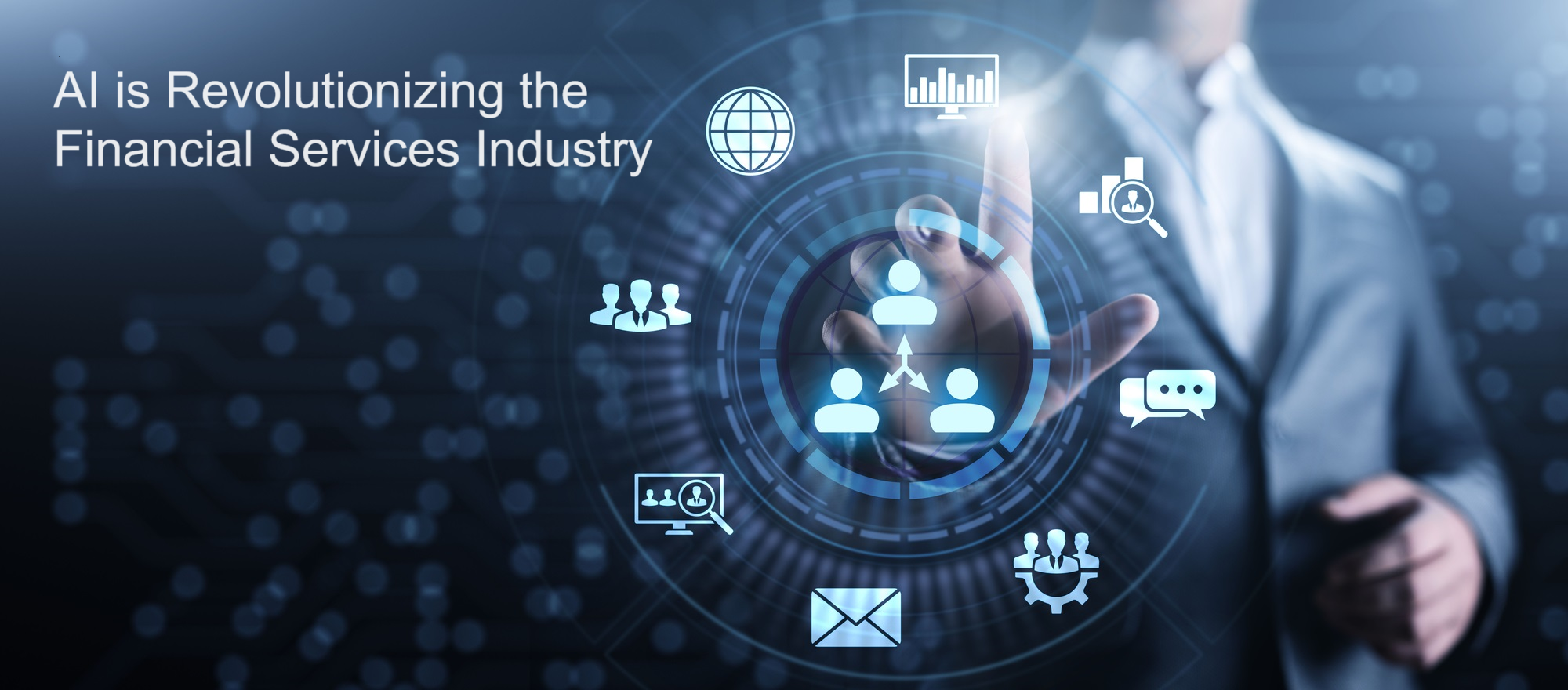The finance industry maintains its historical status as a technological leader, but artificial intelligence introduced in recent years has begun an authentic revolution. The year 2025 marks the point where artificial intelligence became the core component for transforming modern finance technology because it produces fundamental operational changes in banks and fintech operations and investment companies and their customer service and risk handling elements.
The Rise of Artificial Intelligence in Finance
The global finance industry has established artificial intelligence as its fundamental building block after it migrated from its initial use as an experimental technology. AI technology now enables finance institutions to process data quickly while making superior decisions, which produces highly personalized offerings through advanced systems operating at incredible speed. Upwards of 500% has been the pace at which companies now need AI tools to stay competitive, thus showing how artificial intelligence transforms the financial industry.
Hyper-Automation and Operational Efficiency
The advancement of artificial intelligence in 2025 introduced hyper-automation, which became one of the most notable modifications in the field. Financial institutions deploy AI-powered automation systems that optimize their processes, starting from transaction monitoring up to customer onboarding, while carrying out compliance checks. Can enhance operational efficiency by removing manual data entry tasks while completing work processes at a maximum speed of 80% faster and generating substantial cost reductions. Through automation of back-office tasks, banks can redeploy their human employees into high-level positions and increase operational quality along with total process effectiveness.
Artificial intelligence-based chatbots and virtual assistants have established themselves as everyday tools that conduct more than eight out of ten service inquiries made by customers while offering continued support during all hours. The implementation of artificial intelligence enables global banking institutions to achieve overall savings worth $340 billion per year, which verifies the immediate benefits AI brings to the financial services industry.
Personalized Financial Services and Customer Experience
The financial technological sphere experiences a modernized customer experience because of artificial intelligence. Large data sets of transactions enable AI systems to create personalized financial recommendations for all customer groups, ranging from businesses to individuals. Advanced machine learning algorithms enable customers to get individualized suggestions as well as early overdraft alerts and predictive financial evaluation. Personalization at this level would have been impossible to predict only a short time ago, while building stronger customer relationships and loyalty.
Fintech startups utilize AI to develop special solutions that target underserved market segments. Artificial intelligence technologies enable fair judgment of creditworthiness through alternative assessments, which increase accessibility for people who have no traditional financial records. A democratization of finance occurs as more people gain access to basic financial services because of these developments.
AI in Risk Management and Fraud Detection
Risk management remains crucial for finance, but artificial intelligence now allows its practice to achieve unprecedented levels of sophistication. The year 2025 will see machine learning platforms deduce upcoming dangers by processing data from historical events and current market operations in combination with worldwide news reports. The forecasting ability of predictive analytics with AI provides market volatility analytics, which enables financial institutions to instantly undertake asset protection operations.
Artificial intelligence technologies have revolutionized the detection of fraudulent activities. Today’s AI systems analyze numerous transactions instantly to detect irregular transaction behavior as well as questionable activities during real-time operation. The systems analyze user behavior patterns to decrease both false alarm detections and speed up more precise fraud investigation procedures. Major payment networks use AI deep learning models to review billions of transactions yearly, which has brought substantial reductions to their financial loss from fraudulent activity.
Investment AI and Decision-Making
Artificial intelligence transforms investment strategies in the market. High-end AI systems harvest massive market data while analyzing patterns and implementing trades with operational accuracy superior to human conduct. The emergence of investment AI technology enables perpetual algorithmic adaptation, which provides trading solutions together with decision-critical market data to portfolio managers, along with retail investors. Investment choices become data-based and prompt with artificial intelligence, and they reflect personal risk profile requirements.
Challenges and the Road Ahead
The numerous advantages of AI in finance do not prevent organizations from facing multiple barriers on their path to universal adoption. Benefit-oriented financial investments appear challenging for small institutions because of initial funding requirements and specialist staff needs. Additionally, employment reshaping and ethical principles need proper management strategies. To make AI in finance work effectively, it is essential to achieve equilibrium between technology spending and employee adaptation and governance framework establishment.
Future financial services will keep artificial intelligence as its core element, which will guide progress toward innovative yet secure and consumer-focused operations and procedures. The financial industry will navigate further into 2025 with how artificial intelligence learns and predicts for highly precise and fast responses to business requirements.
Artificial intelligence works as a transformative power that transforms finance technology while it transforms the financial services business model, as well as risk protocols and investment systems. Total financial leadership in tomorrow’s financial landscape will belong to institutions that integrate AI automation into their operations and machine learning algorithms today. These institutions will coordinate smarter, safer, and more inclusive monetary services across the board.








